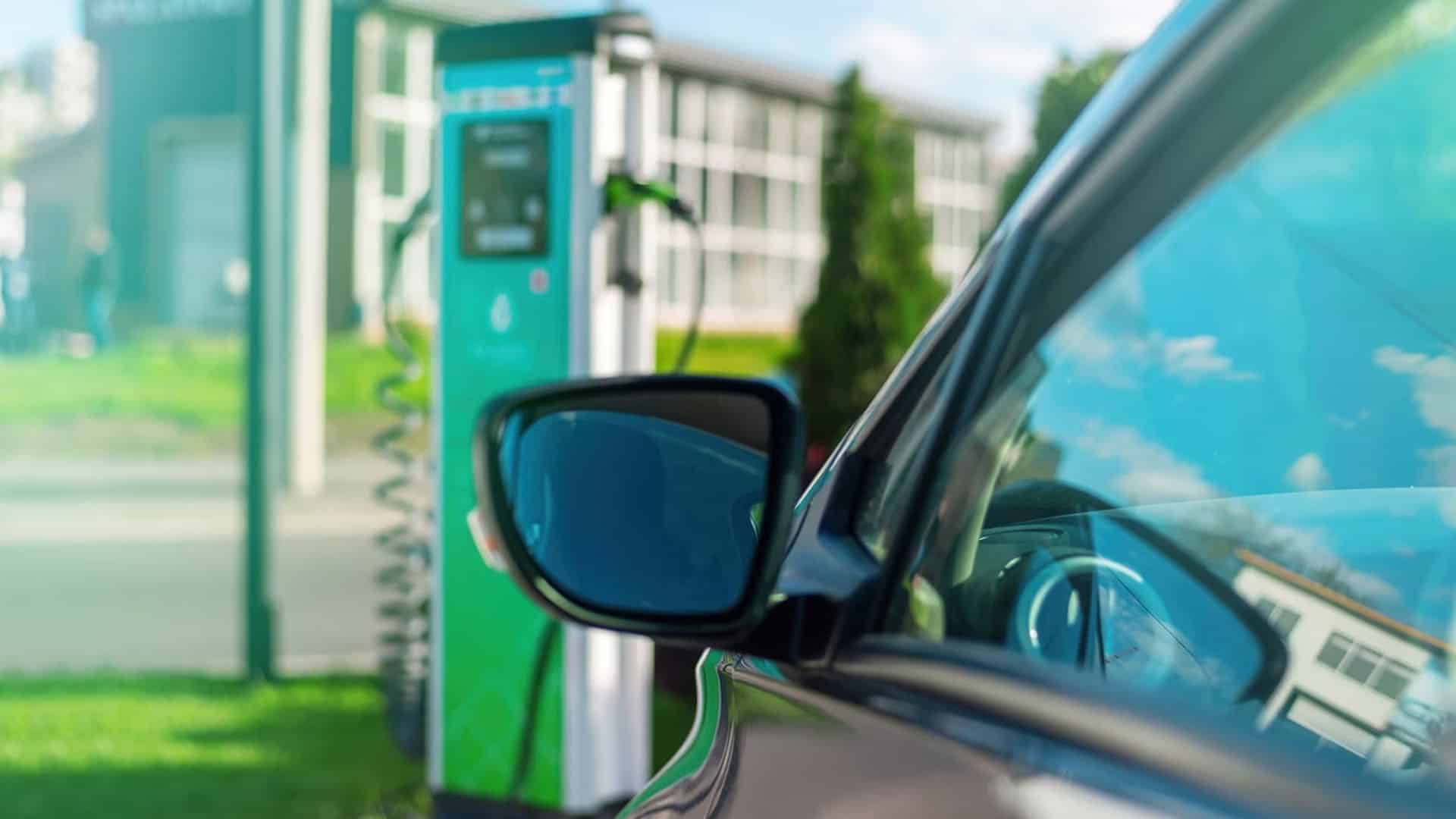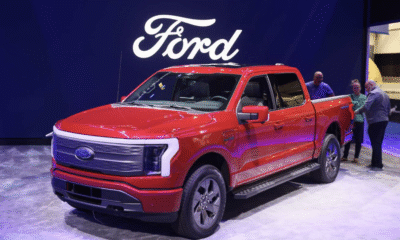Electric Vehicle
SIDBI launches new financing solution for EV space
Small Industries Development Bank of India has announced the launch of a pilot scheme for better financing terms in electric vehicle space and strengthening the whole ecosystem.
The pilot phase of ‘Mission 50K-EV4ECO’ aims at strengthening the EV ecosystem, including uptake for two, three and four-wheelers through direct and indirect lending, Small Industries Development Bank of India (SIDBI) said in a statement. The pilot scheme, which is the precursor to EVOLVE scheme by SIDBI-World Bank, has two components — direct lending and indirect lending. This pilot will be followed by scaling up support to the ecosystem from multilateral support, it stated.
Also read: Blackstone-backed Nexus Select Trust likely to launch retail REIT IPO in early May to raise Rs 4,000 cr
A detailed discussion with stakeholders revealed that access to adequate finance, including the competitive rate of interest, is a challenge faced by MSMEs (Micro, Small and Medium Enterprises) and NBFCs, catering to the EV ecosystem, SIDBI said. It also said that on the supply side, bankers perceived these projects as high risk. Similarly, dedicated NBFCs (non-banking finance companies) struggle with the high cost of funds, which leads to the landed acquisition cost to the ultimate beneficiary being high. Also, there is a need to push the three-wheelers EV segment and Mission 50K intends to attend to these challenges, it said. Under direct lending, SIDBI will directly give loans to eligible MSMEs (including aggregators, fleet operators, and EV leasing companies) for the purchase of electric vehicles and develop charging infrastructure, including battery swapping, the lender said in the statement.
The indirect scheme targeted at NBFCs, including small unrated focused and emerging NBFCs, actively engaged in EV financing, will reach out to the last mile by inducing access to funds as also reducing landed cost, it said. NBFCs are playing an important role in the enterprise growth strategy of SIDBI. They have shown willingness and ability to reach the bottom of the pyramid businesses, especially in credit deficient geographies, adoption of innovative and nimble credit delivery models and understanding of the local ecosystem, said Sivasubramanian Ramann, Chairman and Managing Director of SIDBI. “In line with the national mission of EV30@30 SIDBI has adopted EV as a priority and by launching mission 50K- EV4ECO we intend to promote the entire EV value chain,” he said.
MSMEs, aggregators and other crucial actors of the EV value chain have been facing challenges in convincing financial institutions to lend them, he said, adding that similarly, the channelising agencies are also facing speed breakers. According to him, EV financing is predominantly being done by small, unrated NBFCs, which have good knowledge of the EV sector. “At present, it is not possible for these NBFCs to cater to all MSMEs requiring financing for an electric vehicle for their day-to-day operations or commercial use. We realised the need to give it a developmental push thus giving a fillip to the national agenda of a carbon-neutral nation,” Ramann added. “India has set an ambitious climate change mitigation target and has committed to low-carbon growth in the energy and transport sectors.
The transition to electric vehicles (EVs) is a critical cornerstone for transport sector decarbonisation,” said Sudhendu Sinha, Advisor (infra and e-mobility) at NITI Aayog. Electric two- and three-wheelers offer the greatest potential for EV adoption in India, accounting for 79 per cent of passenger road activity, and are already cost-competitive relative to conventional vehicles, he said. “To support India’s commitment to EV30@30, SIDBI taking the lead in launching the Mission 50K-EV 4 ECO scheme is a step in the right direction. This will enable access to affordable financing for EVs,” Sinha said. “We look at SIDBI to prioritise the three-wheeler segment. I am sure these feet on-ground pilots shall enable quick replicability and scalability through multilateral support,” he added.










































Pingback: 2025 Been a Game-Changer for MSMEs - SIDBI’s Report